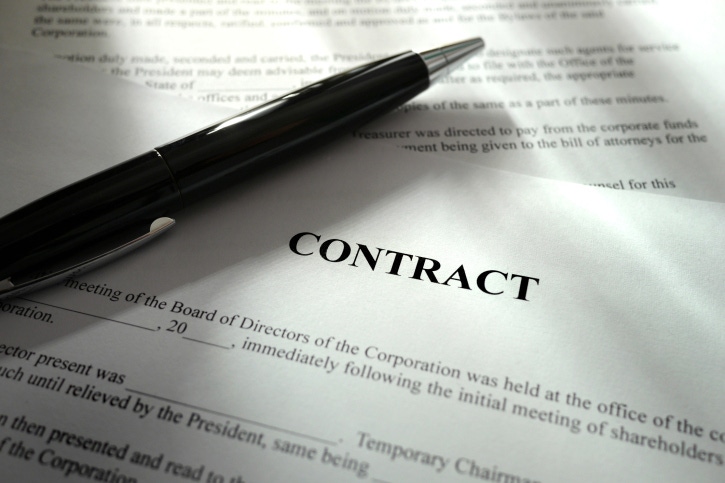How to Combat Rising Prices and Fixed-Price Contracts
Rising material costs can hit hard for federal contractors with a firm-fixed-price contract. Without the proper strategies, such contractors may suddenly find themselves losing money on a project. Here's how to avoid that scenario.

Prices for everything are increasing. Whether you are buying groceries, gloves, or gasoline, rising expenses are affecting everyone. In 2021, the annual inflation was up 7 percent, which is the highest it has been since 1982. And there does not appear to be any relief in sight. Construction costs are being impacted too. Last year, we saw lumber prices increase by as much as 288 percent, and steel prices jumped by 200 percent.
If you are a federal contractor with a firm-fixed-price contract, these costs can hit you hard. You may suddenly find yourself losing money on a project. And you may wonder if you have any recourse.
What the Contract Stipulates
According to Federal Acquisition Regulation (FAR), the contractor takes on the risks related to increased prices in a firm-fixed-price contract. FAR 16.202-1 specifically states: “A firm-fixed-price contract provides for a price that is not subject to any adjustment on the basis of the contractor’s cost experience in performing the contract. This contract type places upon the contractor maximum risk and full responsibility for all costs and resulting profit or loss. It provides maximum incentive for the contractor to control costs and perform effectively and imposes a minimum administrative burden upon the contracting parties.”
Strategies for Your Situation
When you sign a firm-fixed rate contract, you are assuming all the risk, so you must control rising costs as much as possible. And given the supply chain issues, you may also be facing material delays. So, what if conditions are outside your control?
Check your contract. If your contract includes an economic price adjustment (EPA) clause, you may get some relief. According to FAR 16.203-1, the EPA clause “provides for upward and downward revision of the stated contract price upon the occurrence of specified contingencies.” These continencies include adjustments based on established prices, actual costs of labor or materials, and cost indexes of labor or material. However, keep in mind that your options for recovering costs are still limited. If you see that your expenditures are being affected by these contingencies, you must notify the contracting officer within 60 days and submit a price adjustment proposal.
Document any delays. If material or labor costs have increased during a government-caused delay, you may be able to recover some of those increases. However, you will need to prove your case. So be sure to take the time to document all delays, notify the government regarding those delays, and keep meticulous records.
Consider the force majeure clause. According to FAR 52.249-10(b), you have the right to proceed and will not be charged for damages if you experience a delay that “arises from unforeseeable causes beyond the control and without the fault or negligence of the Contractor.” Such unforeseeable causes include fires, floods, strikes, unusually severe weather, quarantines, and acts of God. Note, however, that the force majeure clause only provides you with extra time. You will not be compensated for any extra costs.
Final Advice
When you take on a government project, be careful to read your contract and ensure you understand all its stipulations. If you are signing a firm-fixed-price contract, try to add an EPA clause if one is not already included. There are times when contracting officers omit the EPA clause on purpose, so remain vigilant. Also, be certain you understand the conditions that the force majeure clause addresses and do not overestimate its protections.
If you are facing price increases and delays, and you are not sure what your contract provides, do not hesitate to consult legal counsel. An experienced construction attorney can review your case and explain your options to you.
The information contained in this article is for general educational information only. This information does not constitute legal advice, is not intended to constitute legal advice, nor should it be relied upon as legal advice for your specific factual pattern or situation.
Read more about:
material shortagesAbout the Author(s)
You May Also Like




